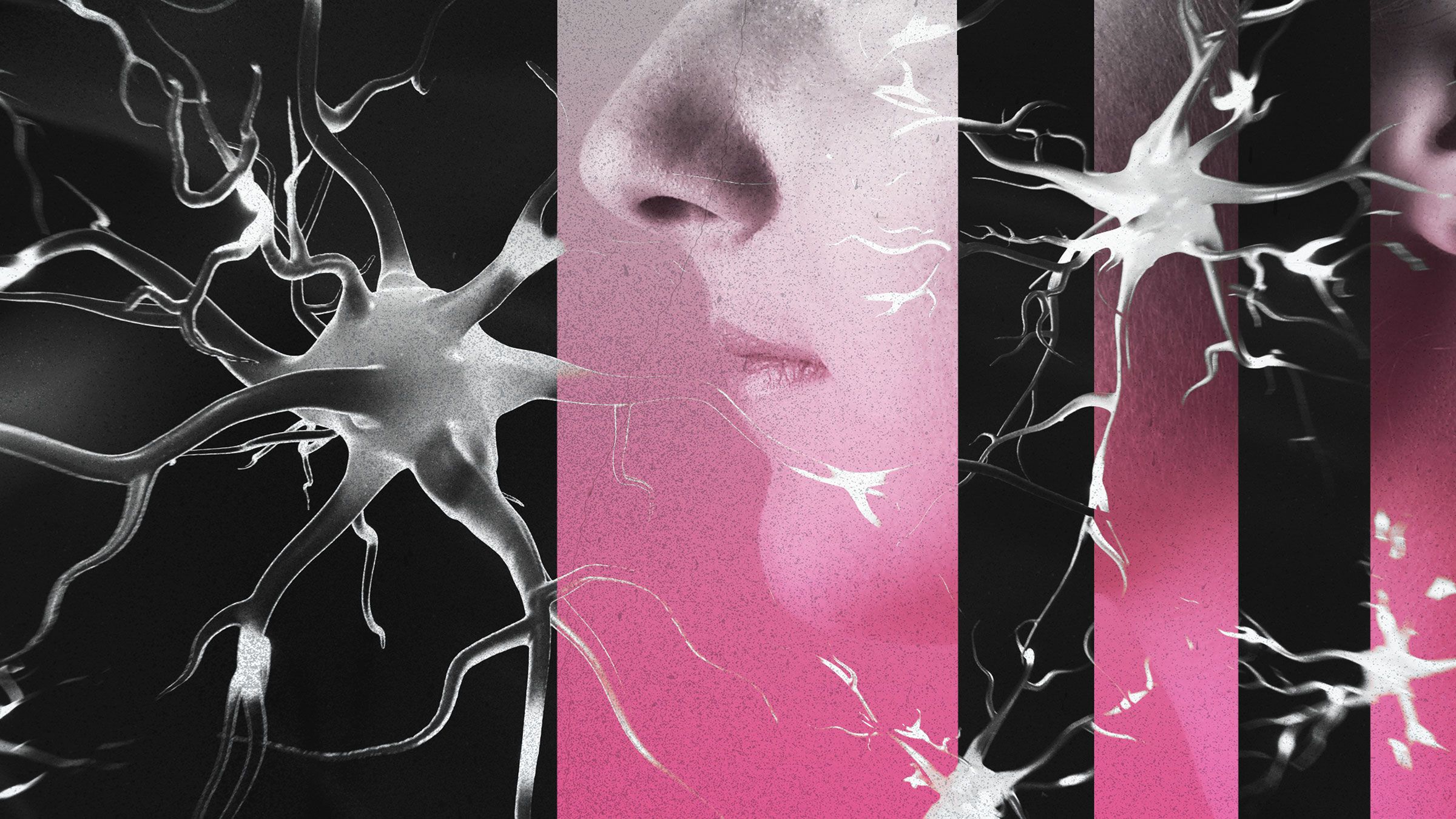A Key to Detecting Brain Disease Earlier Than Ever

A Key to Detecting Brain Disease Earlier Than Ever
Brain diseases such as Alzheimer’s and Parkinson’s are devastating conditions that currently have no cure. However, early detection is key in managing these diseases and improving the quality of life for patients.
Recent advancements in technology have made it possible to detect brain disease earlier than ever before. One promising method is the use of biomarkers, which are biological indicators that can signal the presence of a disease before symptoms manifest.
Researchers have identified specific biomarkers for various brain diseases, allowing for more accurate and timely diagnosis. This early detection can lead to earlier intervention and treatment, potentially slowing the progression of the disease.
Additionally, advancements in imaging techniques such as MRI and PET scans have made it easier to visualize and analyze the brain, providing valuable insights into the early stages of disease development.
Early detection of brain disease not only benefits patients but also their families and caregivers. It allows for better planning and support systems to be put in place, reducing the burden on loved ones.
Furthermore, early detection of brain disease can lead to more effective research and development of new treatments. By identifying patients in the early stages of the disease, researchers can test potential therapies and interventions before the disease has progressed too far.
Overall, the key to detecting brain disease earlier than ever lies in a combination of advanced technology, biomarker identification, and improved imaging techniques. With these tools at our disposal, we are better equipped to tackle these challenging conditions and improve outcomes for patients.




